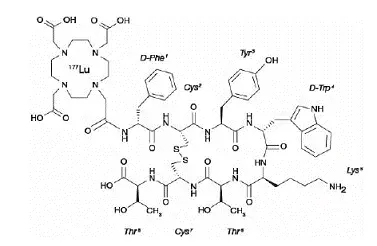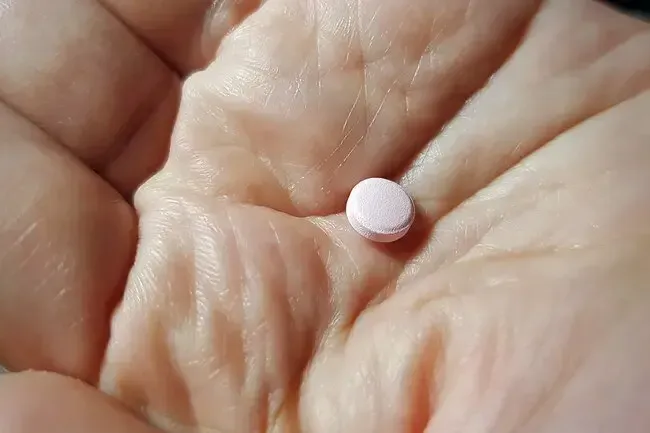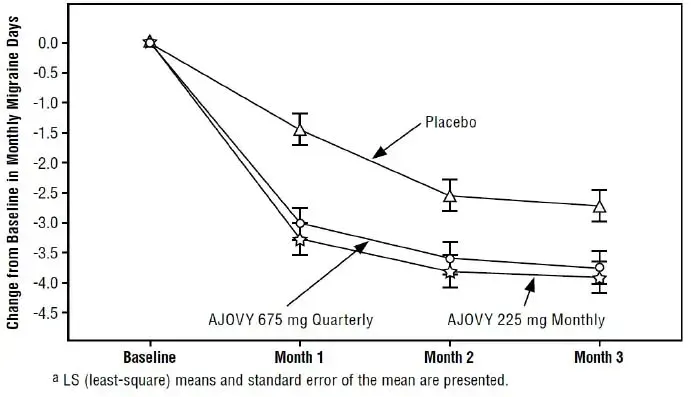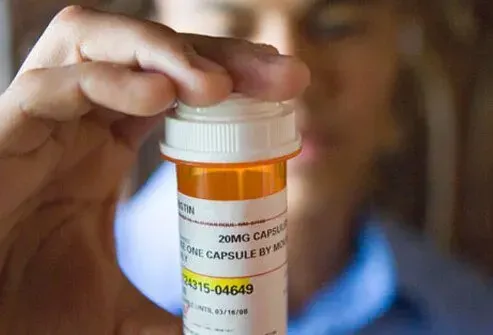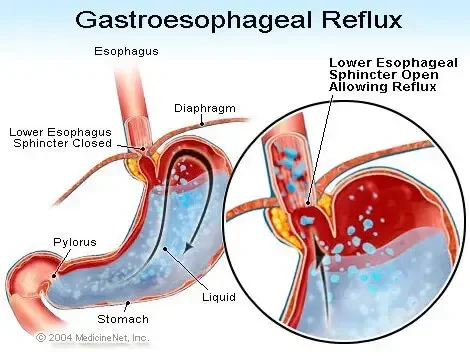Définition de l'insuffisance rénale aiguë
Les Informations Présentées Sur Ce Site Ne Constituent Pas Un Avis Médical. Nous Ne Vendons Rien. L'Exactitude De La Traduction N'Est Pas Garantie. Clause De Non-Responsabilité
Insuffisance rénale aiguë: Perte soudaine et souvent temporaire de la fonction rénale. Également appelé insuffisance rénale aiguë. Par opposition à l'insuffisance rénale chronique.
Plus récemment, a également appelé une lésion rénale aiguë. Plusieurs fois, cela est réversible, mais selon la cause et la gravité, cela peut être irréversible et entraîner une insuffisance rénale chronique ou une maladie rénale chronique. Normalement, les reins filtrent le sang et éliminent les déchets et l'excès de sel et d'eau. L'insuffisance rénale aiguë, c'est lorsque les reins cessent de fonctionner soudainement. Insuffisance rénale aiguë can be due to many different causes. Generally these causes can be divided into three categories. Pre-renal means the cause is before the kidney or glomerulus . Generally this is caused by a decrease in the amount of blood that gets to the kidney. Examples include heart failure liver failure shock . Another class of acute renal failure is post-renal. In this type there is an obstruction to the flow of urine from the kidney. The most common example is prostate problems in men urinary tract cancers which directly obstruct the urine flow or cancers in the abdomen or pelvis that push on the ureters that carry the urine from the kidney to the bladder . The last category is termed renal and is due to damage to the kidney itself especially the filtering units (glomeruli) or the tubules leading from the glomeruli. Examples of renal injury include infections cancer some medications and other nephrotoxins and auto-immune diseases. As well primary kidney diseases (glomerulonephritis and nephrotic diseases such as membranous nephropathy ) can damage the kidneys and cause acute renal failure as well as chronic renal failure. Treatment generally is directed at support of blood pressure and flow of the blood to the kidneys. As well any offending agents should be discontinued and any nephrotoxic agents should be avoided. Some cases will be severe enough to require dialysis to remove toxins from the body until the kidneys can recover. Sometimes the damage is severe enough that it is irreversible and the patient will require long-term dialysis or renal transplant.

